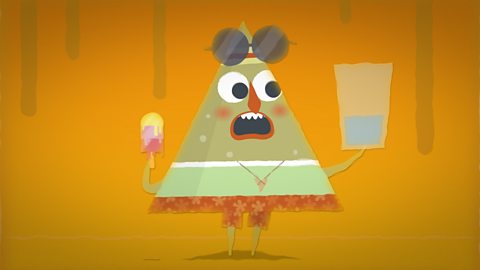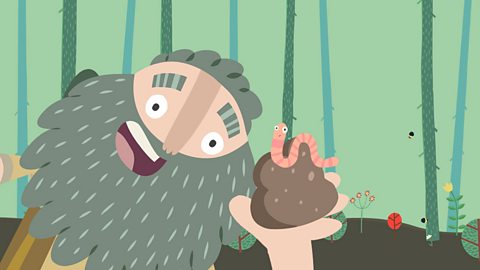Discover what a scientific reaction is with this clip.

Irreversible changes
A change is called irreversible if it cannot be changed back again.
In an irreversible change, new materials are always formed. Sometimes these new materials are useful to us.
Heating
Heating can cause an irreversible change. For example you heat a raw egg to cook it. The cooked egg cannot be changed back to a raw egg again.
Mixing
Mixing substances can cause an irreversible change. For example, when vinegar and bicarbonate of soda are mixed, the mixture changes and lots of bubbles of carbon dioxide are made. These bubbles and the liquid mixture left behind, cannot be turned back into vinegar and bicarbonate of soda again.
Burning
Burning is an example of an irreversible change. When you burn wood you get ash and smoke. You cannot change the ash and smoke back to wood again.


Reversible changes
Reversible and irreversible reactions are different.
A reversible change is a change that can be undone or reversed.
If you can get back the substances you started the reaction with, that's a reversible reaction.
A reversible change might change how a material looks or feels, but it doesn't create new materials.
Examples of reversible reactions include dissolving, evaporation, melting and freezing.

More on Materials
Find out more by working through a topic
- count5 of 10

- count6 of 10

- count7 of 10

- count8 of 10
